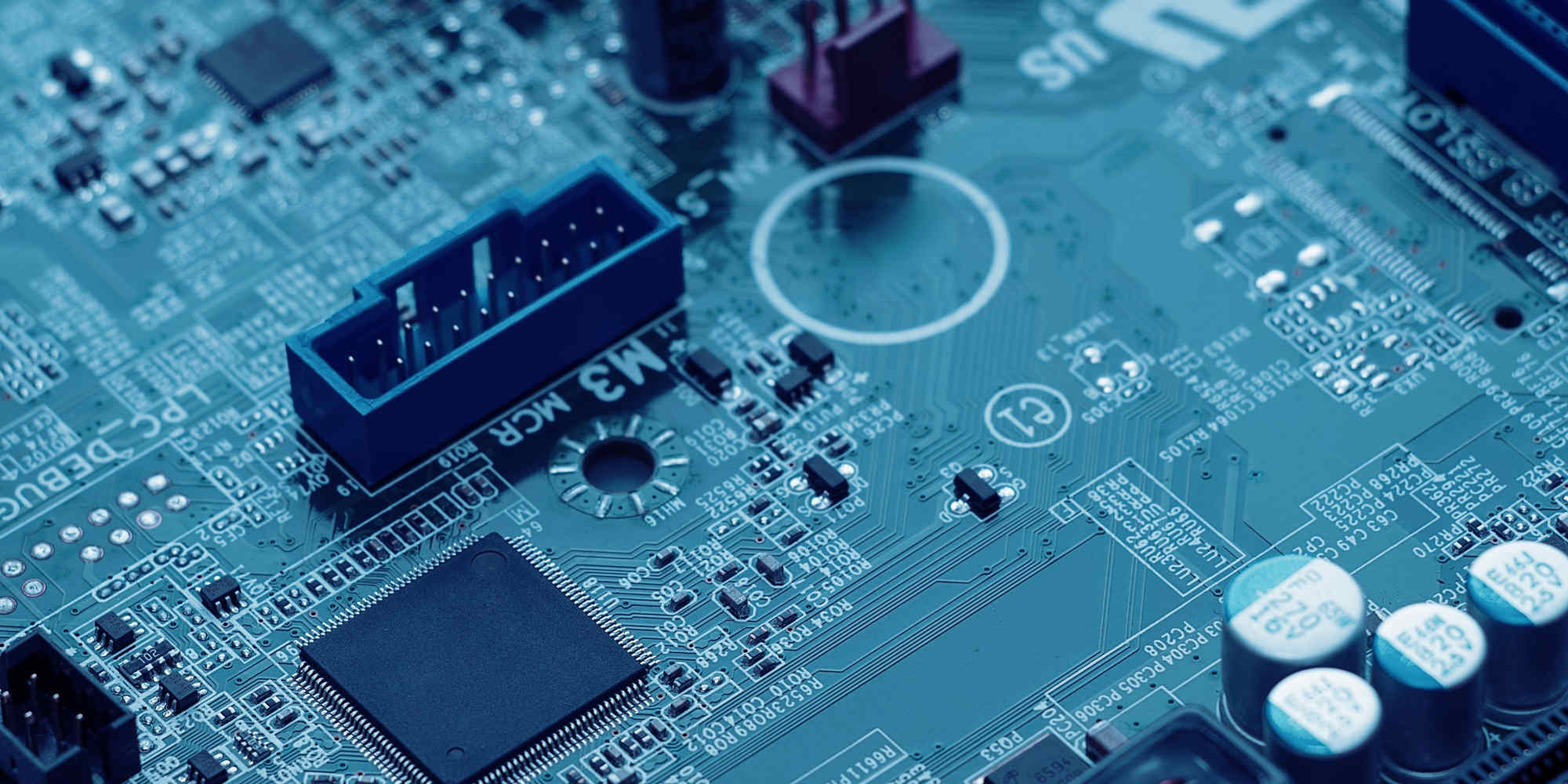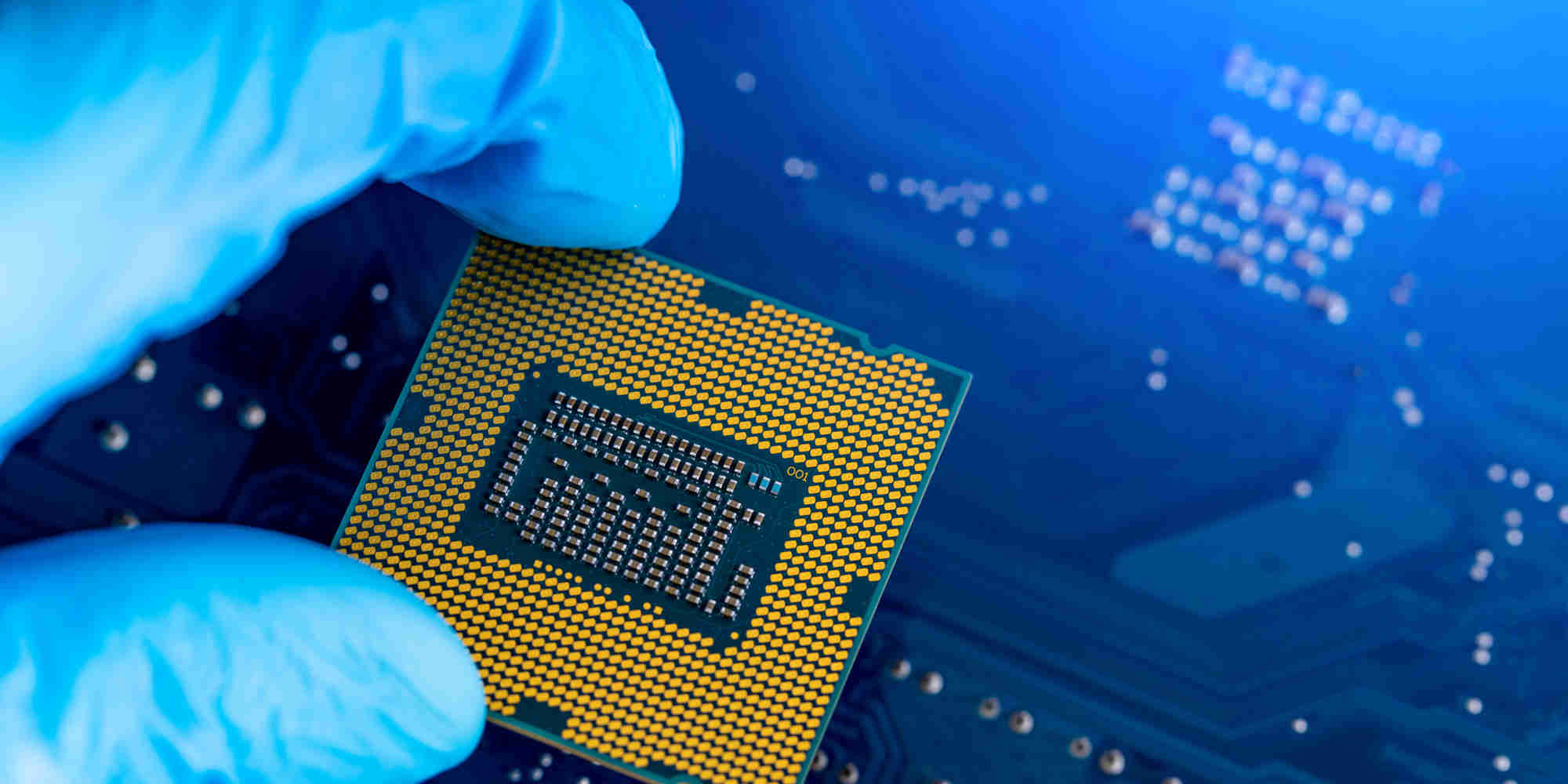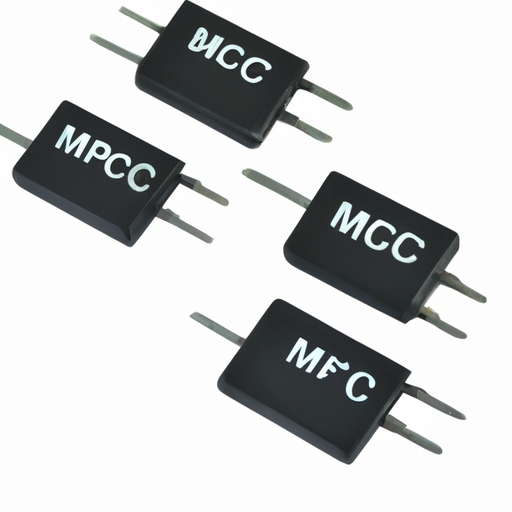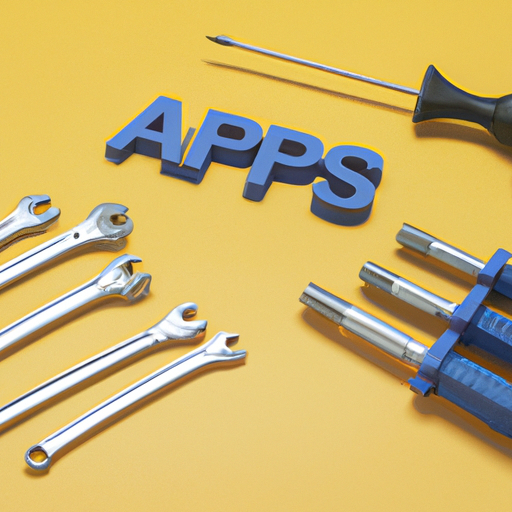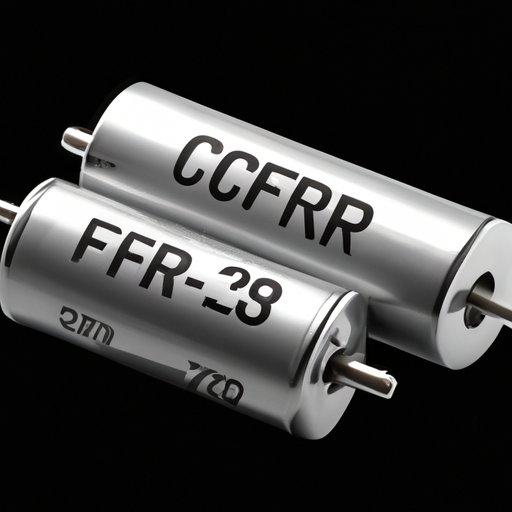CORE_COMPETENCE
Product_Leaders
index_more
index_more_content
info_item01
info_item_content01
info_item02
info_item_content02
info_item03
info_item_content03
info_item04
info_item_content04
NEWS
NEWS
MM74HC393N Mica and PTFE Capacitors highlighting the core functional technology articles and application development cases of Mica and PTFE Capacitors that are effective.
Mica and PTFE Capacitors: Core Functional Technology and Application Development Overview of Mica and PTFE CapacitorsConstruction: Mica capacitors are constructed using natural mica as the dielectric material. Mica, a mineral known for its excellent electrical insulation properties, provides stability and reliability in capacitor performance.Construction: Mica capacitors are constructed using natural mica as the dielectric material. Mica, a mineral known for its excellent electrical insulation properties, provides stability and reliability in capacitor performance.Characteristics: These capacitors are recognized for their high precision, low loss, and exceptional stability across a wide range of temperatures and frequencies. Mica capacitors typically have capacitance values ranging from picofarads to microfarads, making them ideal for radio frequency (RF) applications.Characteristics: These capacitors are recognized for their high precision, low loss, and exceptional stability across a wide range of temperatures and frequencies. Mica capacitors typically have capacitance values ranging from picofarads to microfarads, making them ideal for radio frequency (RF) applications.Construction: PTFE (Polytetrafluoroethylene) capacitors utilize PTFE as the dielectric material. This synthetic fluoropolymer is renowned for its high thermal stability and chemical resistance.Construction: PTFE (Polytetrafluoroethylene) capacitors utilize PTFE as the dielectric material. This synthetic fluoropolymer is renowned for its high thermal stability and chemical resistance.Characteristics: PTFE capacitors excel in high-frequency applications, offering low dissipation factors and high insulation resistance. They can accommodate higher capacitance values compared to mica capacitors, making them versatile for various applications.Characteristics: PTFE capacitors excel in high-frequency applications, offering low dissipation factors and high insulation resistance. They can accommodate higher capacitance values compared to mica capacitors, making them versatile for various applications. Core Functional Technology1. Dielectric Properties2. Temperature Stability3. Frequency Response4. Voltage Ratings1. Telecommunications2. Aerospace and Defense3. Medical Devices4. Industrial Applications Application Development Cases ConclusionMica and PTFE capacitors are critical components in a wide array of high-performance applications across multiple industries. Their unique properties, including low loss, high stability, and excellent frequency response, make them indispensable in telecommunications, aerospace, medical devices, and industrial applications. As technology continues to evolve, the demand for these capacitors is expected to grow, driving further innovation and development in capacitor technology. The ongoing advancements in materials and manufacturing processes will likely enhance the performance and applicability of mica and PTFE capacitors, ensuring their relevance in future technological landscapes.
2025-05-02
application development in Accessories for CFR-25JB-52-1R1: key technologies and success stories
Application Development in Accessories for CFR-25JB-52-1R1: Key Technologies and Success StoriesThe CFR-25JB-52-1R1 is a precision resistor commonly used in various high-performance applications, including aerospace, automotive, and industrial sectors. The development of accessories for such components is crucial for enhancing their functionality and reliability. Below, we explore key technologies driving this development and highlight notable success stories.
Key Technologies1. IoT Integration2. Advanced Materials3. 3D Printing4. Simulation and Modeling5. Modular Design1. Aerospace Applications2. Automotive Industry3. Industrial Automation4. Consumer Electronics5. Renewable Energy Success Stories ConclusionThe development of accessories for components like the CFR-25JB-52-1R1 is significantly influenced by advancements in technology and innovative applications across various industries. By leveraging IoT, advanced materials, and modular design, companies can create solutions that enhance performance, reliability, and user experience. The success stories illustrate the transformative potential of these technologies, showcasing how they can improve product offerings and drive industry advancements. As technology continues to evolve, the opportunities for further innovation in accessory development will only expand, paving the way for even more sophisticated applications.
2025-05-01
CFR-25JB-52-1M1 Film Capacitors highlighting the core functional technology articles and application development cases of Film Capacitors that are effective.
Core Functional Technologies of Film Capacitors1. Dielectric Material: Film capacitors utilize thin plastic films as the dielectric material, which can be made from various polymers such as polyester (PET), polypropylene (PP), and polycarbonate (PC). These materials provide high insulation resistance and low dielectric losses, contributing to the overall efficiency of the capacitor.
2. Low ESR and ESL: Film capacitors typically exhibit low equivalent series resistance (ESR) and equivalent series inductance (ESL), making them suitable for high-frequency applications. This characteristic allows for efficient energy storage and discharge, which is critical in applications requiring rapid charge and discharge cycles. 3. Temperature Stability: Film capacitors maintain stable capacitance values over a wide temperature range, making them ideal for applications in harsh environments. They also have a low temperature coefficient, ensuring consistent performance across varying thermal conditions.
4. High Voltage Ratings: Many film capacitors can handle high voltage applications, which is essential in power electronics and industrial applications. The CFR-25JB-52-1M1, for example, is designed to operate effectively at high voltages, ensuring reliability in demanding environments.
5. Self-Healing Properties: Film capacitors possess self-healing capabilities, meaning that if a dielectric breakdown occurs, the capacitor can recover without permanent damage. This feature enhances reliability and longevity, making them suitable for critical applications where failure is not an option.
6. Environmental Resistance: Film capacitors are resistant to moisture, chemicals, and UV radiation, making them suitable for outdoor and industrial applications. Their durability ensures long-term performance even in challenging conditions.
Application Development Cases1. Power Electronics: Film capacitors are extensively used in power supply circuits, inverters, and converters. Their ability to handle high ripple currents and voltages makes them ideal for smoothing and filtering applications in renewable energy systems, such as solar inverters, where efficiency and reliability are paramount.
2. Audio Equipment: In high-fidelity audio applications, film capacitors are preferred for coupling and bypassing due to their low distortion and high linearity. They help maintain audio signal integrity, which is crucial for high-quality sound reproduction, making them a staple in premium audio equipment.
3. Motor Drives: In variable frequency drives (VFDs) for electric motors, film capacitors are used for DC link applications. Their high voltage and current handling capabilities ensure efficient operation and improved performance of motor control systems, contributing to energy savings and enhanced motor lifespan.
4. Telecommunications: Film capacitors are used in RF applications, including filters and oscillators, due to their low loss characteristics at high frequencies. They help improve signal quality and reduce noise in communication systems, which is essential for maintaining data integrity in modern telecommunications.
5. Consumer Electronics: In devices such as televisions, computers, and smartphones, film capacitors are used for decoupling and filtering applications. Their compact size and reliability contribute to the overall performance and longevity of consumer electronics, ensuring that devices operate smoothly and efficiently.
6. Automotive Applications: With the rise of electric vehicles (EVs) and advanced driver-assistance systems (ADAS), film capacitors are increasingly used in automotive electronics for energy storage, filtering, and signal processing. Their ability to withstand harsh conditions and provide reliable performance is crucial for ensuring safety and efficiency in modern vehicles.
ConclusionThe CFR-25JB-52-1M1 film capacitor exemplifies the advanced technology and versatility of film capacitors in various applications. Their unique properties, such as low ESR, high voltage ratings, and self-healing capabilities, make them indispensable in modern electronic designs. As technology continues to evolve, the demand for reliable and efficient capacitors will only increase, further solidifying the role of film capacitors in the electronics industry. The ongoing development of new materials and manufacturing techniques will likely enhance their performance and expand their applications, ensuring that film capacitors remain a key component in the future of electronics.
2025-04-30




